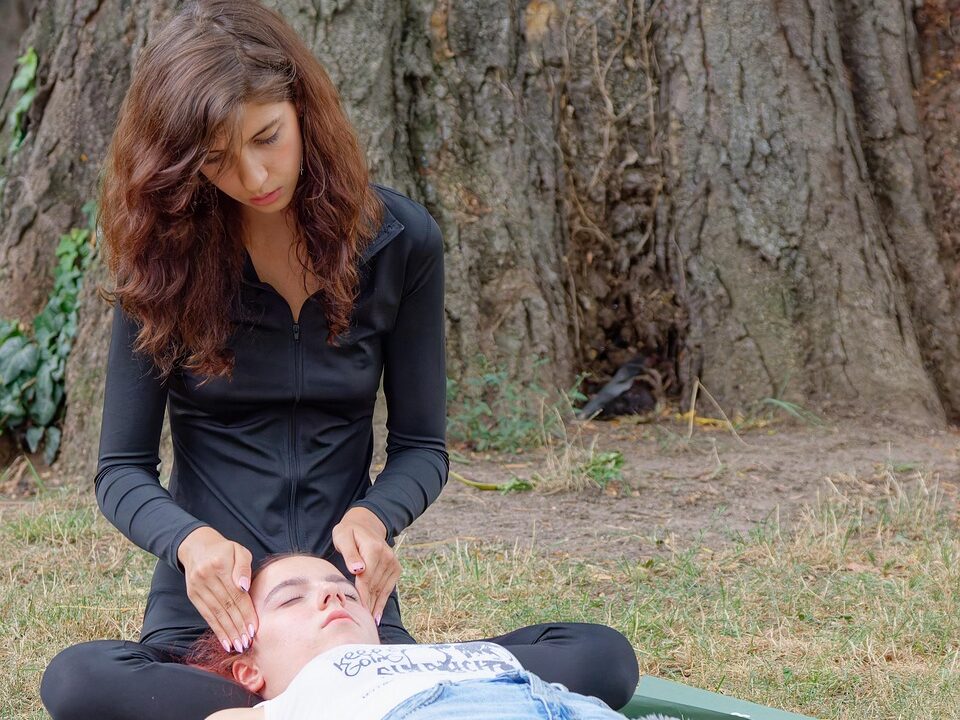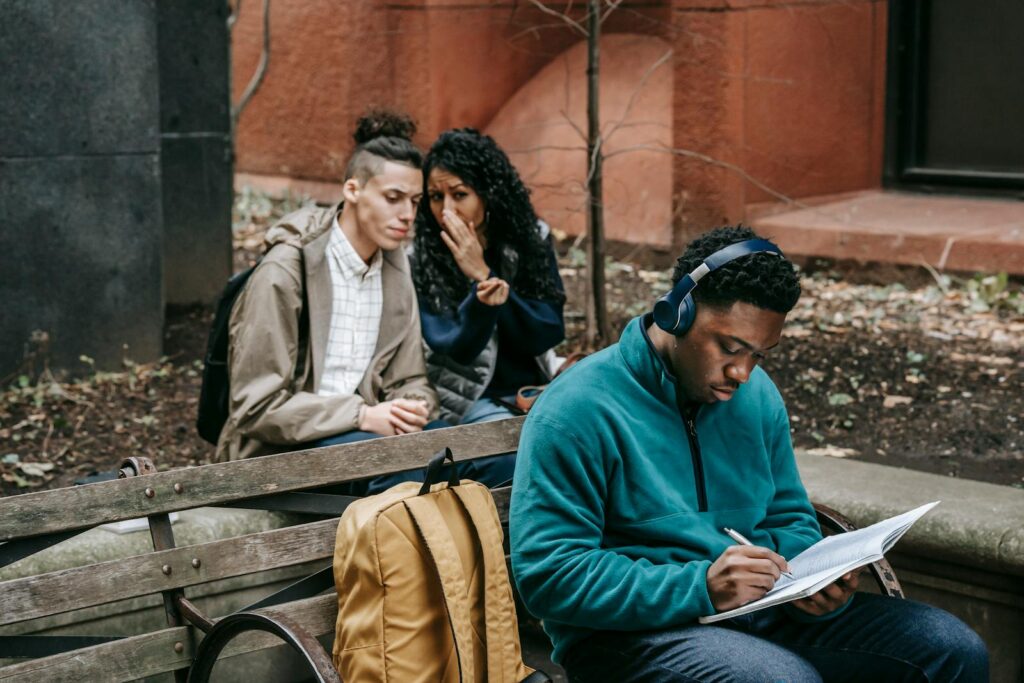
It’s exciting to meet someone new and start building a friendship, but not every connection is as healthy as it looks at first. Sometimes the warning signs are small and easy to dismiss, yet they reveal a lot about a person’s true character. Here are 15 red flags in new friendships that people tend to overlook, even when they shouldn’t.
They Only Reach Out When They Need Something

A healthy friendship should feel like a two-way street, but if someone only calls when they need a favor or some kind of help, that’s a sign of imbalance. You may notice they disappear when things are going well for you, only to reappear when they want something. Friendships like that leave you drained instead of supported, which shows their intentions aren’t genuine.
They Constantly Put Others Down

It might seem funny at first when they joke about other people, but pay attention to how often they do it. Someone who criticizes or mocks everyone behind their backs is likely to do the same with you. This habit creates a toxic vibe that makes trusting them feel impossible. Those who build people up are far better than the ones who tear everyone down.
They Dismiss Your Feelings

If you share something very important and they brush it off like it doesn’t matter or make you feel like you’re being dramatic, that’s a bad sign. Friendships need empathy to grow, and ignoring feelings shows that your friend doesn’t care. This makes you hesitant to open up over time. A real mate always listens to you, even if they don’t understand your point of view.
They Compete With You Instead of Celebrating You

There’s a difference between playful rivalry and constant one-upmanship. If your new friend always tries to outdo you—whether it’s about work, relationships, or small achievements—it can turn toxic. Instead of celebrating your wins, they shift the spotlight back to themselves. True friends don’t see your success as a threat, they see it as something to cheer for.
They Avoid Taking Responsibility

Pay attention to how they handle mistakes. If they constantly blame others or make excuses, it shows they don’t take accountability. Over time, this pattern can make the friendship stressful, because problems will always somehow be your fault. A trustworthy friend admits when they’re wrong and works to make things right, instead of pushing the blame away.
They Gossip About Everyone They Know

Sharing little stories is normal, but if your new friend spends most of their time spilling secrets about others, you can assume they’ll do the same with yours. Trust can’t grow in that kind of environment. Instead of being someone you can confide in, they become someone you have to guard yourself around, which defeats the point of friendship.
They Rarely Show Interest in Your Life

Notice if conversations are always centered on them. When you share something about yourself, they might quickly steer it back to their story. This lack of curiosity is more than just bad manners—it’s a signal that they don’t value your experiences. A strong friendship needs mutual interest, where both sides feel seen and heard, not just one person holding the stage.
They Pressure You Into Things

A person who respects you will never make you feel guilty for saying no. If someone pushes you into decisions you’re not comfortable with, that’s a big red flag. The pressure your friend always put on you shows that they prioritize their wants over your comfort. A decent friend will accept your boundaries instead of testing them.
They Make You Feel Drained After Every Hangout

Friendships should add energy to your life, not take it away. If you always feel tired, tense, or low after spending time with them, your gut is probably telling you something (and it’s not good). It doesn’t always mean they’re a bad person, but it does mean the connection isn’t healthy. Pay attention to how you feel after each interaction—it’s one of the clearest signs.
They’re Overly Secretive About Everything

It’s normal to have privacy, but if your new friend hides even simple details about their life, it may show they struggle with honesty. When every answer feels vague or dodged, it creates an unbalanced bond where you’re open but they’re guarded. Friendships grow stronger through trust and sharing, and it’s hard to build anything solid if that’s missing from the start.
They Disappear When You Need Them

You are enough and you don’t need somebody to fix all your problems, but being there counts for a lot. If your new friend suddenly goes missing during tough moments, it means they’re only around for the fun parts. A real mate might not always have the right words, but they’ll check in, listen to what you’re saying, or show up in some way. Absence during hard times speaks volumes.
They Copy Instead of Connecting

Sometimes admiration crosses into imitation. If your new friend starts copying your style, interests, or even phrases, it can feel strange. While sharing hobbies is great, mirroring everything you do can signal insecurity or a lack of identity. Friendships work best when both people bring something unique, not when one person tries to become a reflection of the other.
They Keep Testing Your Loyalty

If they constantly set little traps to see if you’ll “prove” yourself—like asking you to choose sides or questioning your loyalty—it’s not a good sign. Friendships shouldn’t feel like exams you have to pass. This behavior shows insecurity and control rather than trust. Over time, it creates unnecessary tension instead of building closeness.
They Downplay Your Success

Watch how they react when you share good news. If they act unimpressed, quickly change the subject, or make it about themselves, it shows jealousy or insecurity. This behavior may seem small at first, but it stings over time. A healthy friend is genuinely happy for you, no matter how big or small your wins are, because they care about your joy.
They Move Too Fast Too Soon

It feels flattering when someone instantly wants to be your “best friend,” but moving too fast can be a sign of trouble. Real connections take time, but someone who rushes into intense closeness might have hidden motives or unrealistic expectations. You may end up feeling smothered or pressured to do something that you don’t want to. Friendships grow best when they unfold naturally, not when they’re pushed into overdrive.

